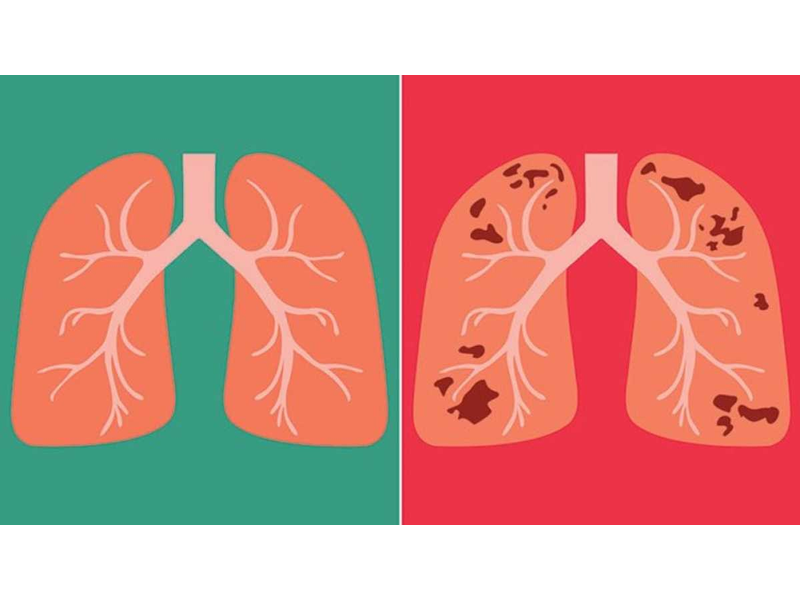Each year, World Tuberculosis (TB) Day is commemorated on March 24th to raise public awareness about the health, social, and economic consequences of TB, and to increase efforts in ending the global TB epidemic. Dr. Robert Joch announced his discovery of the TB bacterium in 1882. Today, TB remains one of the world’s deadliest infectious killers, killing nearly 4,000 and infecting 28,000 people per day.
The World Health Organization’s theme for this year is ‘The Clock is Ticking’, to convey that the world is running out of time to act on the commitments to end TB made by global leaders. Since the COVID-19 pandemic hit, it’s more critical now than ever to end TB, as it is a respiratory disease. The Center for Disease Control and Prevention reported that in 2019, TB was reported in 1,753 Black people in the United States, which accounts for nearly 20% of all people reported with TB nationally. The rate of TB is eight times higher for Black people than it is for White people.
In South Africa, the country is fighting the TB epidemic alongside HIV/AIDS. The Conference on Retroviruses and Opportunistic Infections (CROI) reported that between 2002 and 2014, the overall prevalence of TB declined, but Black South Africans had the highest TB prevalence. The report summarised that TB in South Africa is concentrated by race rather than poverty. “Both race and poverty predict TB risk, but Black and Colored individuals across socioeconomic classes suffer much higher rates of TB than the poorest whites or Asians/Indians,” explained the CROI.
TB is a challenging disease to diagnose, treat, and control, but it is treatable. Ending TB will require stopping transmission by quickly identifying people with active TB, and then curing them through the provision of drug treatment. Sadly, there are challenges for the Black community when it comes to prevention and treatment for TB. Treatment for TB is done over several months and often Black patients are unable to continue with the treatment due to dwindling resources. For Black people already with the disease, inadequate treatment can lead to treatment failure, relapse, ongoing transmission, and development of drug resistance.
Disparities in incidences persist despite ongoing TB control efforts. More awareness and education are necessary to break down any stigma tied to TB within the Black community. With the death rate from COVID-19 being staggeringly high among Black people in the U.S compared to Whites, it is critical to reach those populations at the highest risk for TB and to identify and implement innovative strategies to improve diagnosis and treatment.
Source

Boitumelo Masihleho is a South African digital content creator. She graduated with a Bachelor of Arts from Rhodes University in Journalism and Media Studies and Politics and International Studies.
She’s an experienced multimedia journalist who is committed to writing balanced, informative and interesting stories on a number of topics. Boitumelo has her own YouTube channel where she shares her love for affordable beauty and lifestyle content.





